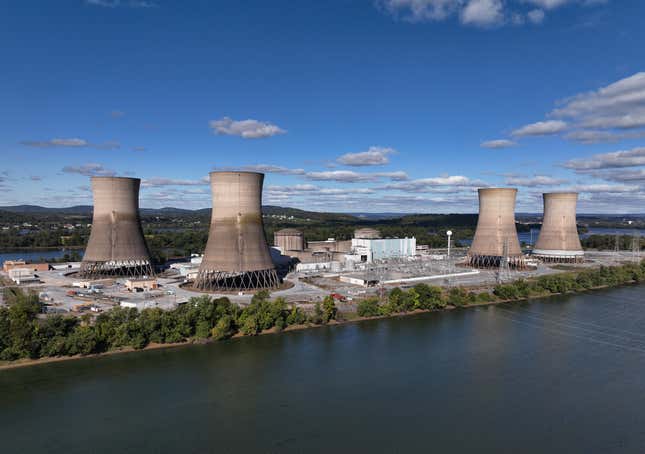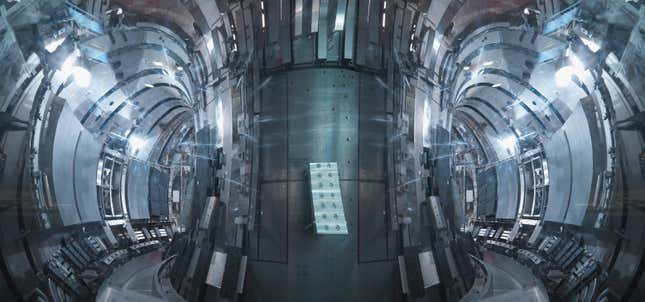
This week, Google (GOOGL) and Amazon (AMZN) both announced nuclear power agreements following a deal by Microsoft (MSFT) in September to purchase nuclear energy from Constellation Energy (CEG).
While the artificial intelligence boom has boosted revenues for major tech companies, the massive demand for energy is hindering sustainability efforts. Earlier this year, both Google and Microsoft said neither company is on track to meet its climate targets.
Demand for data centers will continue to rise as big tech sets its ambitions on more powerful AI models. Despite the environmental toll, experts say data and other AI infrastructure will be the winners of AI’s next phase.
One query on OpenAI’s ChatGPT needs almost 10 times as much electricity as a Google search on average, according to a Goldman Sachs (GS) study.
But the startup’s founder, Sam Altman, is one of many tech leaders who are interested in tapping into alternative energy sources and novel storage schemes to mitigate AI’s energy problem.
Here are three energy-focused startups Altman has invested in.


